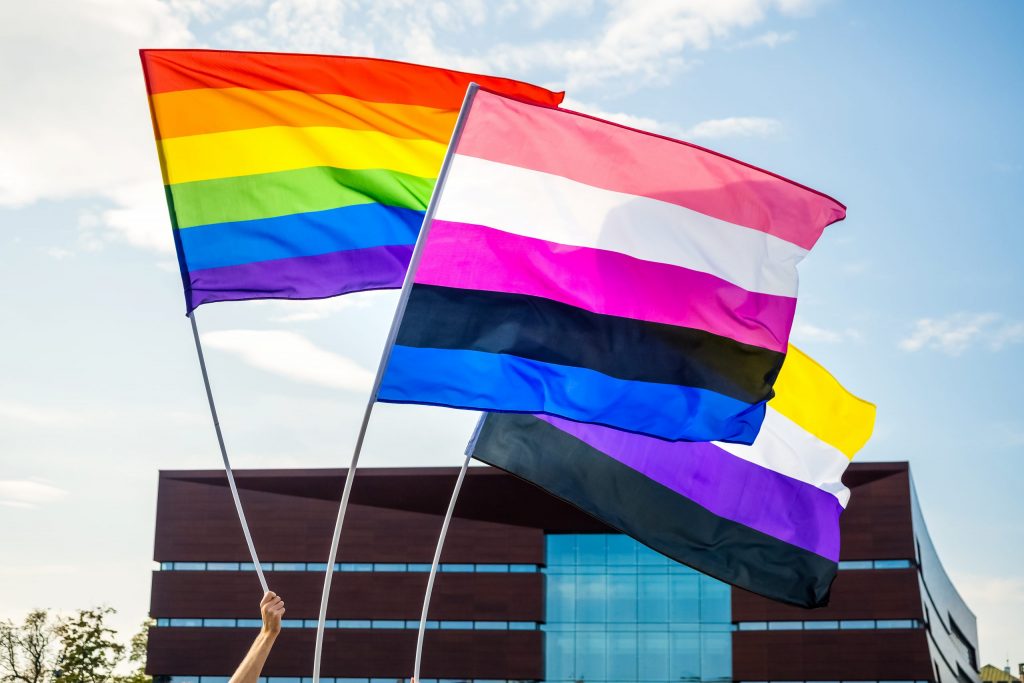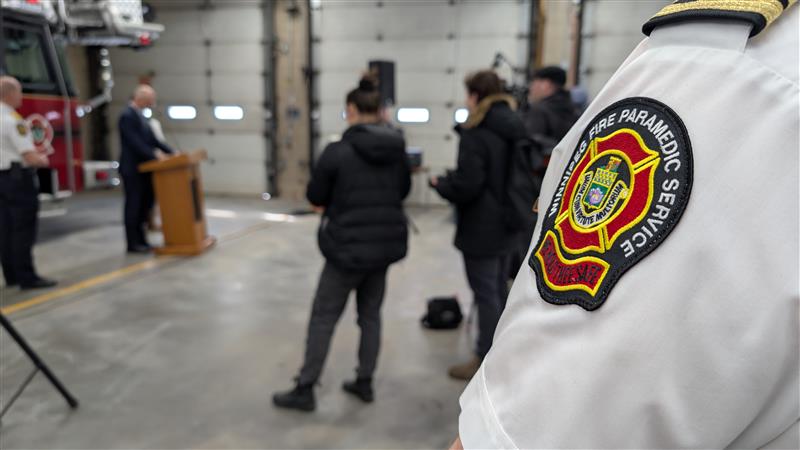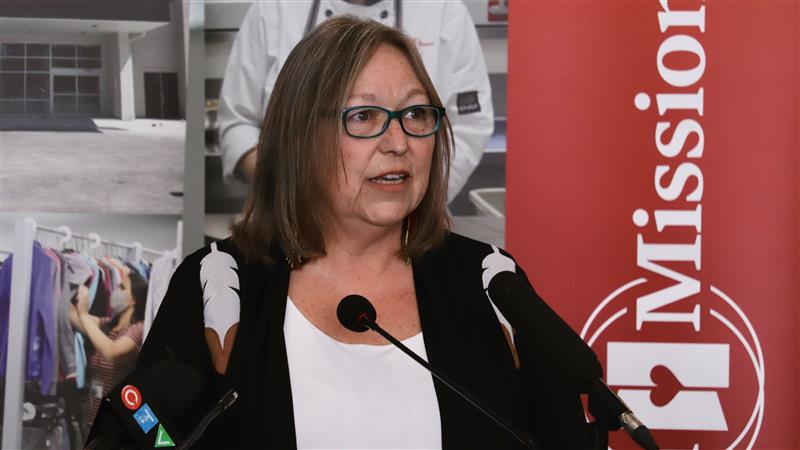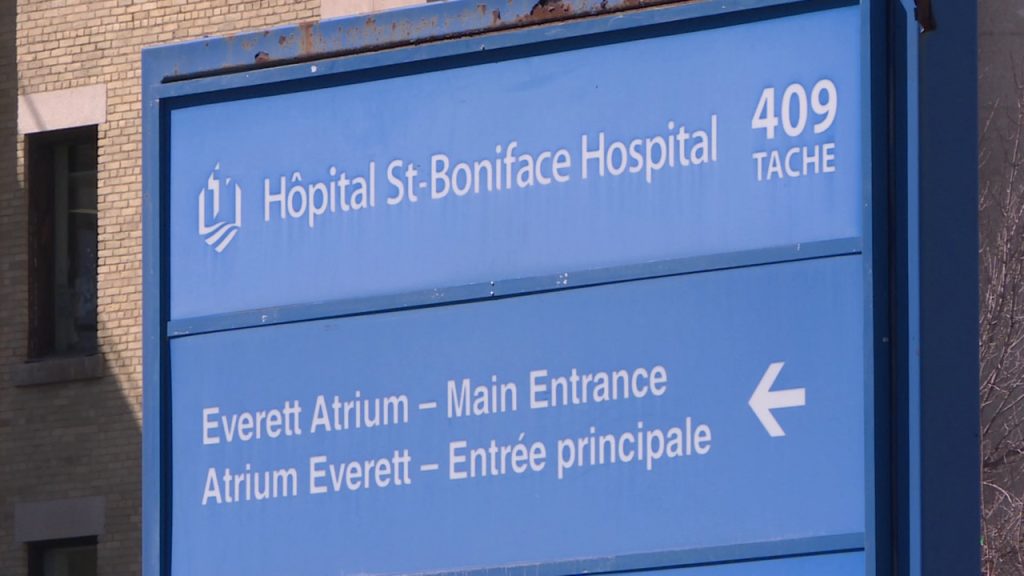Canada’s transgender, non-binary census data criticized by advocate

Posted April 27, 2022 4:41 pm.
Last Updated April 27, 2022 4:52 pm.
Canada’s groundbreaking inclusion of transgender and non-binary data in its latest census is being criticized by at least one Vancouver-based social justice lawyer who says the questions used could be upsetting or put members of the community at risk.
“I wish that I could congratulate StatsCan for finally gathering statistics on my community but I’m afraid they did it wrong,” Adrienne Smith said. “Even after they had really extensive consultation with our community. They still ask questions in a way that’s going to lead to inaccurate data, and may actually prove to be dangerous for trans people.”
The census asked people to identify their sex assignment at birth and then asked about their gender.
“I think, from these two responses, they’re going to extrapolate whether people are transgender, which isn’t the same as asking if people are transgender,” Smith said.
Related articles
-
Canada faces rapidly aging population, record retirements: 2021 census
-
Aging population to put pressure on long-term care facilities says B.C. industry
It can be quite upsetting and potentially even dangerous for transgender, two-spirit, and non-binary folks to be asked what their sex assignment at birth was, Smith says.
“If a person was filling out the census data for their entire household, and they didn’t know the gender identity of some of the people in their house, or they found out that someone was trans because of the census question being asked – and we know particularly for trans youth, and for folks who are precariously housed in shared households – this can be extremely dangerous.”
Statistics Canada found one in 300 Canadians over the age of 15 — 100,815 people — have a gender that differs from their sex assigned at birth, while 41,355 people in that age group are non-binary. From the responses, 31,555 Canadians are transgender women and 27,905 are transgender men.
Younger people were far more likely to report being transgender, while 52.7 per cent of non-binary people aged 15 and older live in one of Canada’s six largest urban centres.
Nova Scotia (0.48 per cent), Yukon (0.47 per cent) and British Columbia (0.44 per cent) have the highest proportions of transgender and non-binary people aged 15 and older among provinces and territories.
However, Smith says some of this data may not be as accurate as it could be, because the questions left little room for nuance and no space for multiple answers.
Related Articles:
-
Pronouns in B.C. courts should not be debated, says trans lawyer
-
Lawyers to give pronouns in B.C. court under new trans-inclusive policy
Smith says Ottawa should provide information to Canadians on how it will keep sensitive data, such as personal identity, safe, and allow people to write in who they are.
“The way you do that is to ask people how they identify, to have a write-in answer, and to allow a person to provide several answers,” Smith said.
“I don’t want to talk about my sex assigned at birth, but I’m very happy to tell you that I identify as non-binary and transgender. There was one option on the form to put gender and for me seeing the question that said what was your sex assignment at birth was upsetting and I had a family member fill out my part of the census for me.”
Smith points to the Canadian Professional Association for Transgender Health and the Trans Pulse study as examples of how to collect data on the community.
“These have accurate data because it’s trans people asking trans people,” Smith said. “So far, trust in the government is not very strong, and I’m really hopeful that Statscan will do better.”
With files from the Canadian Press and Greg Bowman








